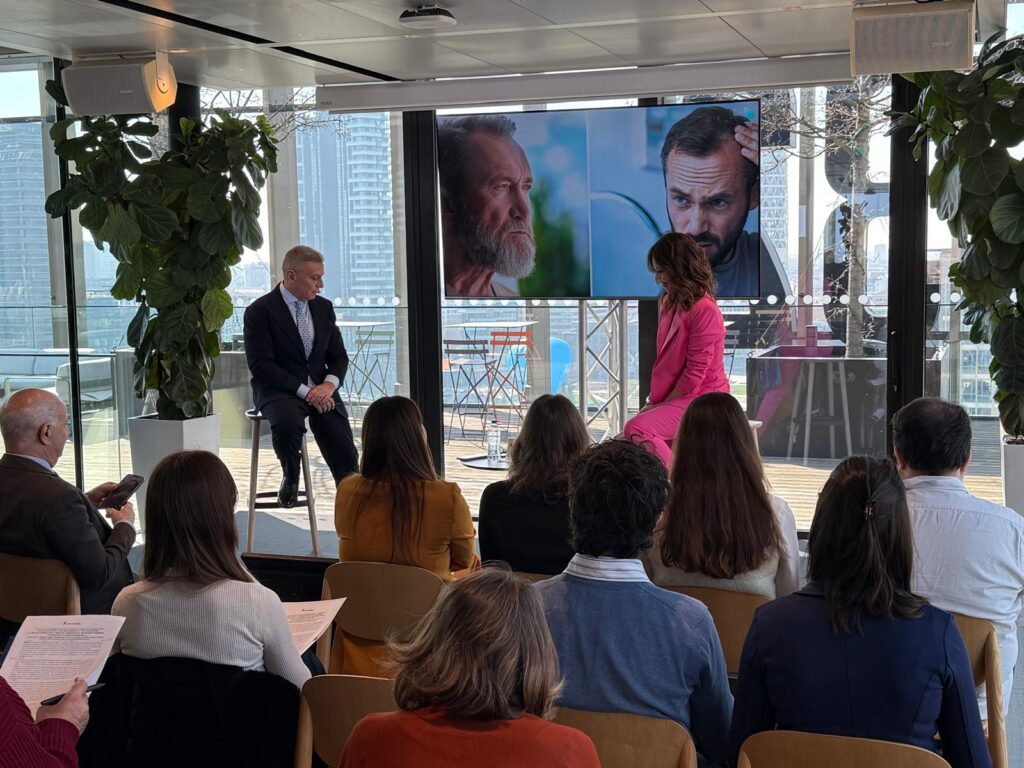Alopecia: Affects 70% of Men and 10% of Women – Regenerative Medicine Offers a Solution

Milan, March 20, 2025 – Age, genetics, stress, illnesses, environmental factors, and even breastfeeding can all contribute to hair loss. Around 70% of men and 10% of women will experience it, often leading to distress and self-image issues.
However, regenerative medicine now offers hope through targeted therapies that restore scalp and hair health, enabling natural regrowth. This was the focus of a conference held in Milan.
“Alopecia presents in many forms, the most common being androgenetic alopecia, especially in men. Unfortunately, it’s long been considered irreversible and only treatable with transplants. But that’s not true – it’s a condition that can be treated,” said Dr. Mauro Conti, Scientific Director of Hair Clinic.
Regenerative medicine shifts the approach by not only repairing damaged tissues but also preventing further deterioration. It focuses on preserving and restoring the remaining hair, especially before the follicles completely close (usually within 3–4 years of hair loss).
bsBS Protocol: Bio Synergic Bulbar Stimulation
A standout treatment is the bsBS protocol, which includes 16 different technologies applied over 5 therapeutic phases. It’s:
Non-surgical and customizable
Designed to reduce inflammation, boost follicular oxygenation, and regenerate weakened follicles
Based on the natural regenerative capacity of stem cells and growth factors in the patient’s own blood
Able to analyze scalp condition in two hours and determine the best treatment
“Unlike drugs or transplants, bsBS re-educates the follicle using autologous exosomes and provides a full regenerative path,” said Conti.
The Importance of Timing
Time is critical. The longer one waits after hair starts falling, the harder it is to reverse the damage.
Up to 20% of hair lost in the past 5 years can potentially be permanently recovered
The protocol lasts about one year, with 6–9 month follow-ups
Early diagnosis includes hyperspectral scans, ultrasound, and lipidomic tests
Environmental factors like sun exposure, pollution, nutrition, and hair treatments also significantly affect follicular health.
Final Notes
Follicular inflammation is identified as the real enemy.
The therapy is not recommended for oncology patients or children.
It is considered a comprehensive, inclusive treatment path, not a quick fix.